Intellectual disability
Recent articles
Expediting clinical trials for profound autism: Q&A with Matthew State
Aligning Research to Impact Autism, a new initiative funded by the Sergey Brin Family Foundation, wants to bring basic science discoveries to the clinic faster.

Expediting clinical trials for profound autism: Q&A with Matthew State
Aligning Research to Impact Autism, a new initiative funded by the Sergey Brin Family Foundation, wants to bring basic science discoveries to the clinic faster.
Impaired molecular ‘chaperone’ accompanies multiple brain changes, conditions
Rare genetic variants in a protein-folding complex contribute to a spectrum of phenotypes that encompass brain malformations, intellectual disability, autism and seizures, according to a new “hallmark” study.
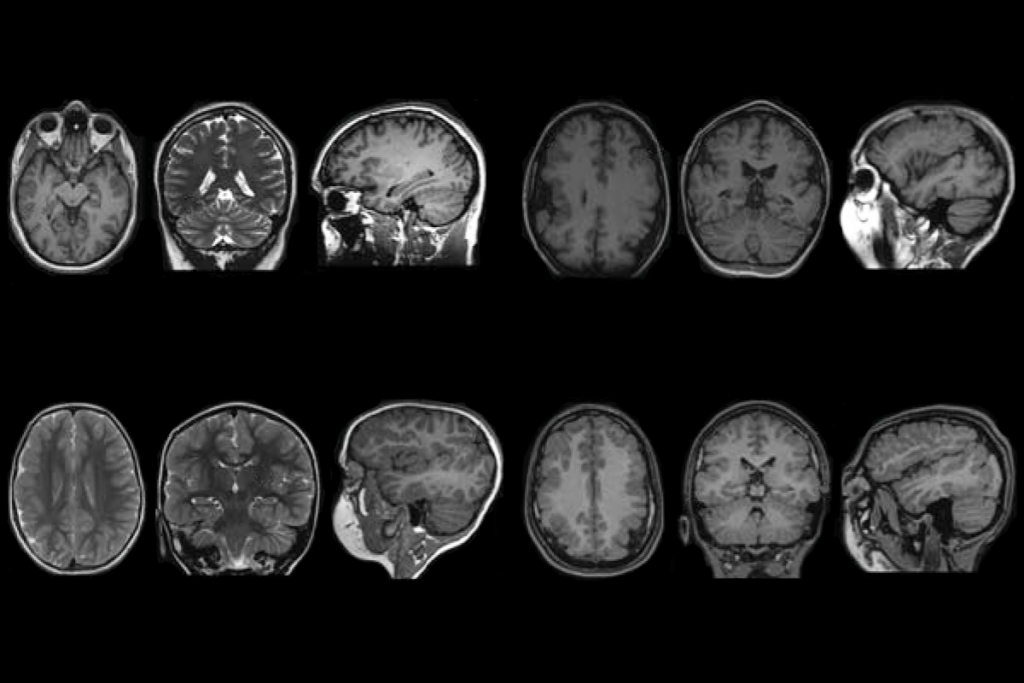
Impaired molecular ‘chaperone’ accompanies multiple brain changes, conditions
Rare genetic variants in a protein-folding complex contribute to a spectrum of phenotypes that encompass brain malformations, intellectual disability, autism and seizures, according to a new “hallmark” study.
New catalog charts familial ties from autism to 90 other conditions
The research tool reveals associations stretching across three generations.
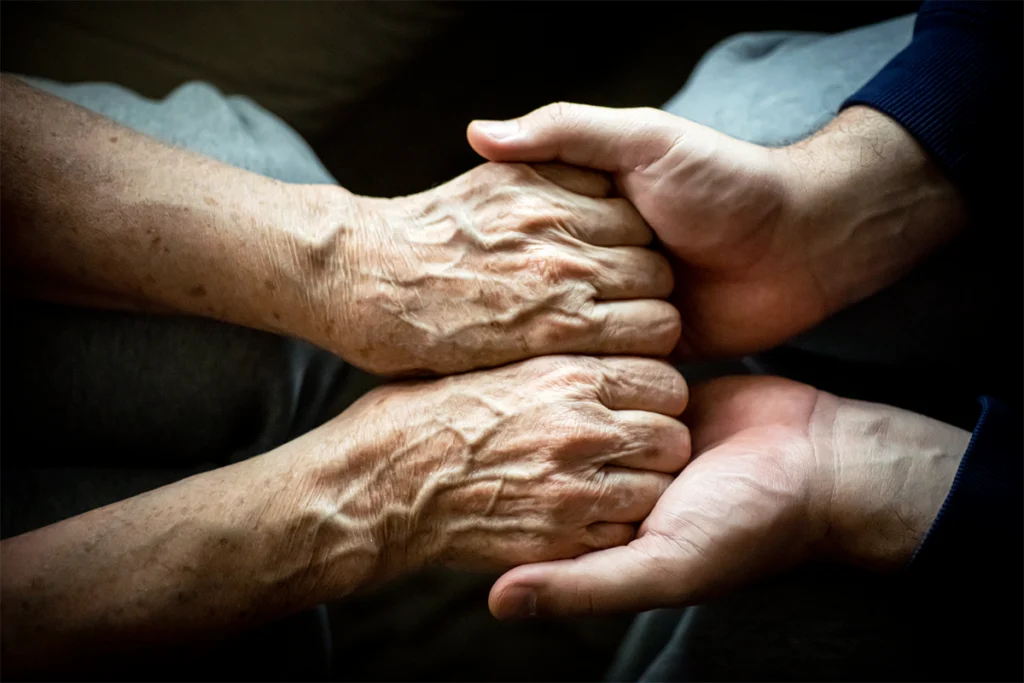
New catalog charts familial ties from autism to 90 other conditions
The research tool reveals associations stretching across three generations.
A genetics-first clinic for catching developmental conditions early: Q&A with Jacob Vorstman
A new clinic is assessing children who have a genetic predisposition for autism and other neurodevelopmental conditions—sometimes before traits appear.
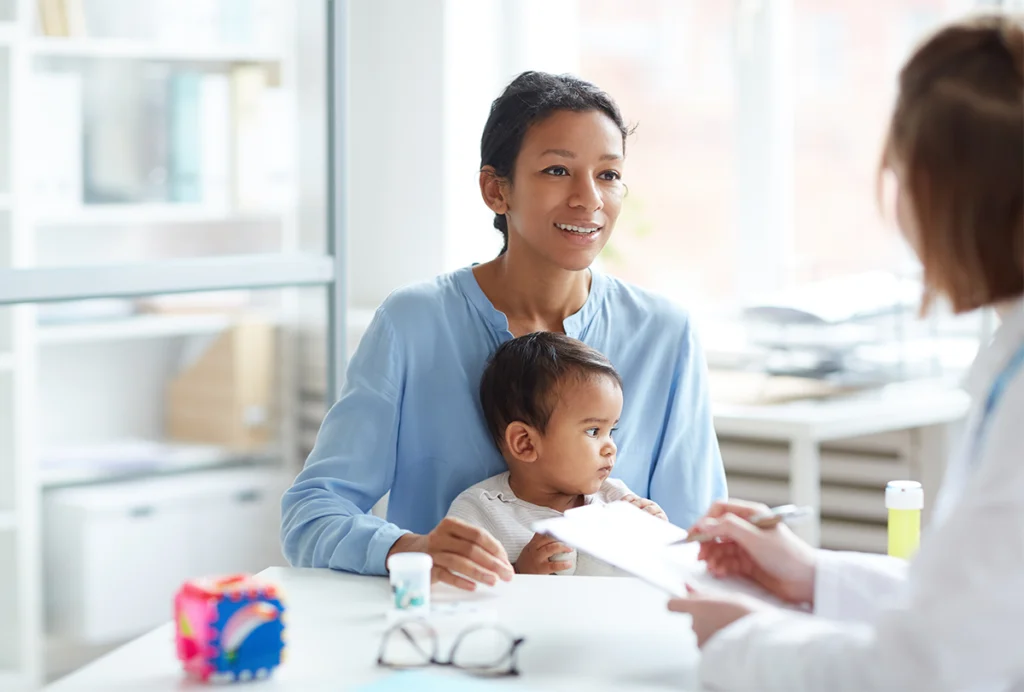
A genetics-first clinic for catching developmental conditions early: Q&A with Jacob Vorstman
A new clinic is assessing children who have a genetic predisposition for autism and other neurodevelopmental conditions—sometimes before traits appear.
Pinning down ‘profound autism’ for reliable research: Q&A with Matthew Siegel
A clear and actionable definition for the term could enhance research and improve care, Matthew Siegel says.

Pinning down ‘profound autism’ for reliable research: Q&A with Matthew Siegel
A clear and actionable definition for the term could enhance research and improve care, Matthew Siegel says.
Autism-linked perturbations converge on cell skeleton and RNA-binding proteins
The findings solidify the idea that autism-linked mutations affect brain activity by way of several key shared mechanisms.
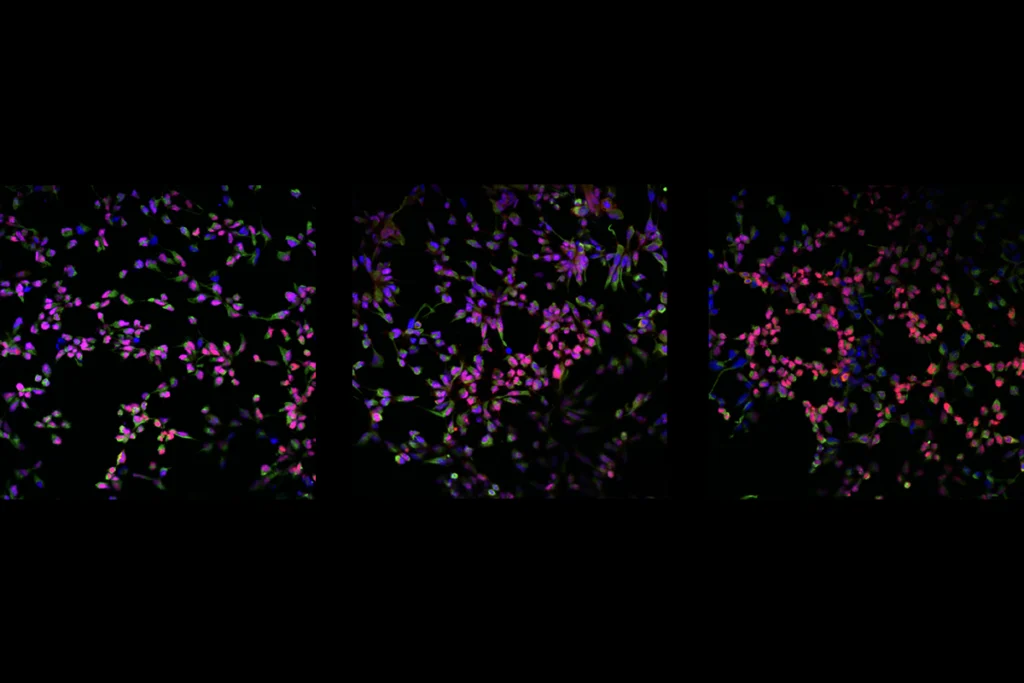
Autism-linked perturbations converge on cell skeleton and RNA-binding proteins
The findings solidify the idea that autism-linked mutations affect brain activity by way of several key shared mechanisms.
SYNGAP1 findings illuminate links between mutations, intellectual disability
New mouse models join several studies that could point to novel therapeutic approaches.
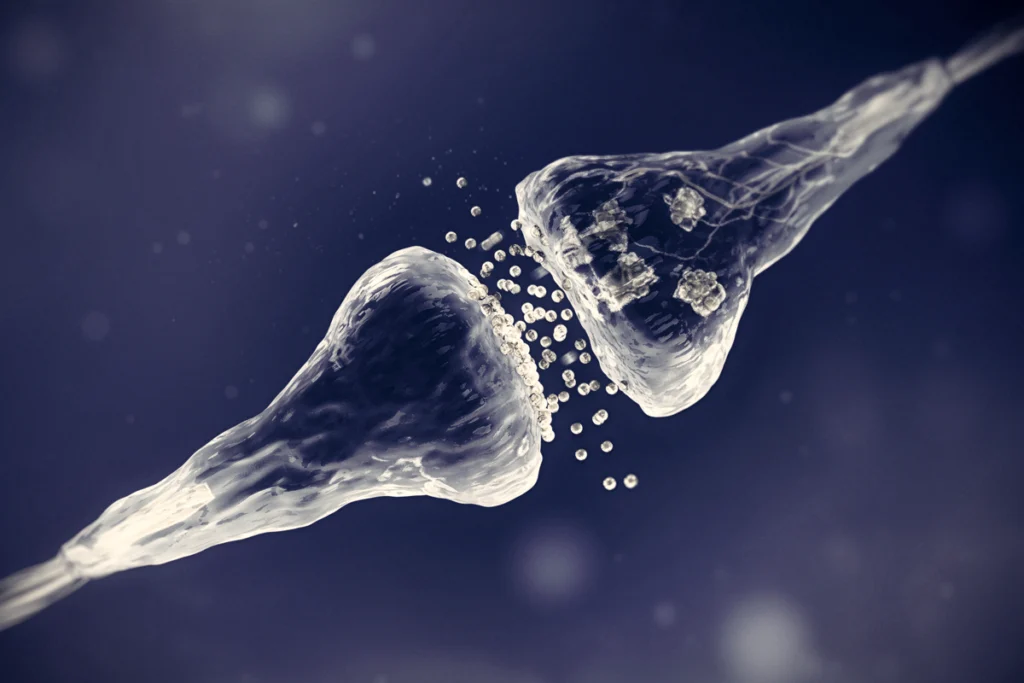
SYNGAP1 findings illuminate links between mutations, intellectual disability
New mouse models join several studies that could point to novel therapeutic approaches.
Autism research hits the road
Some scientists are thinking creatively about how to collect data in flexible environments and meet communities where they’re at.
Autism research hits the road
Some scientists are thinking creatively about how to collect data in flexible environments and meet communities where they’re at.
Journal club: Why do some children lose their autism diagnosis?
More than one-third of a cohort of autistic toddlers no longer meet criteria for the condition at school age, according to a new study, but the findings may not generalize because the cohort is predominantly white and affluent.
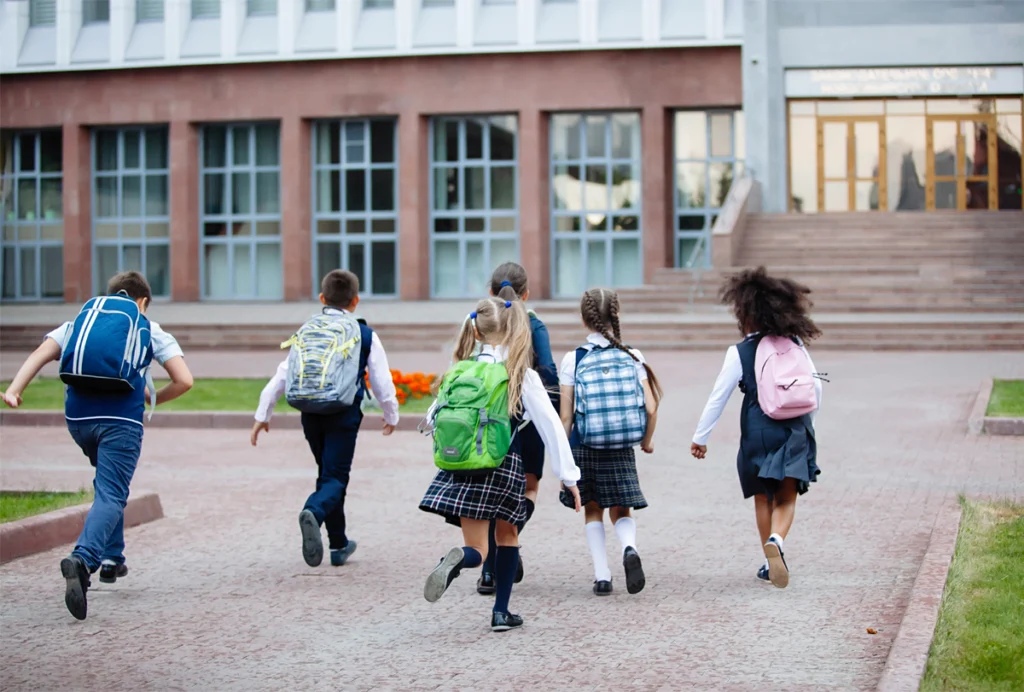
Journal club: Why do some children lose their autism diagnosis?
More than one-third of a cohort of autistic toddlers no longer meet criteria for the condition at school age, according to a new study, but the findings may not generalize because the cohort is predominantly white and affluent.
‘Emergent and transactional’: How Jonathan Green is rethinking autism and interventions
The experienced clinician discusses writing his recent paper, and its reception in the field.
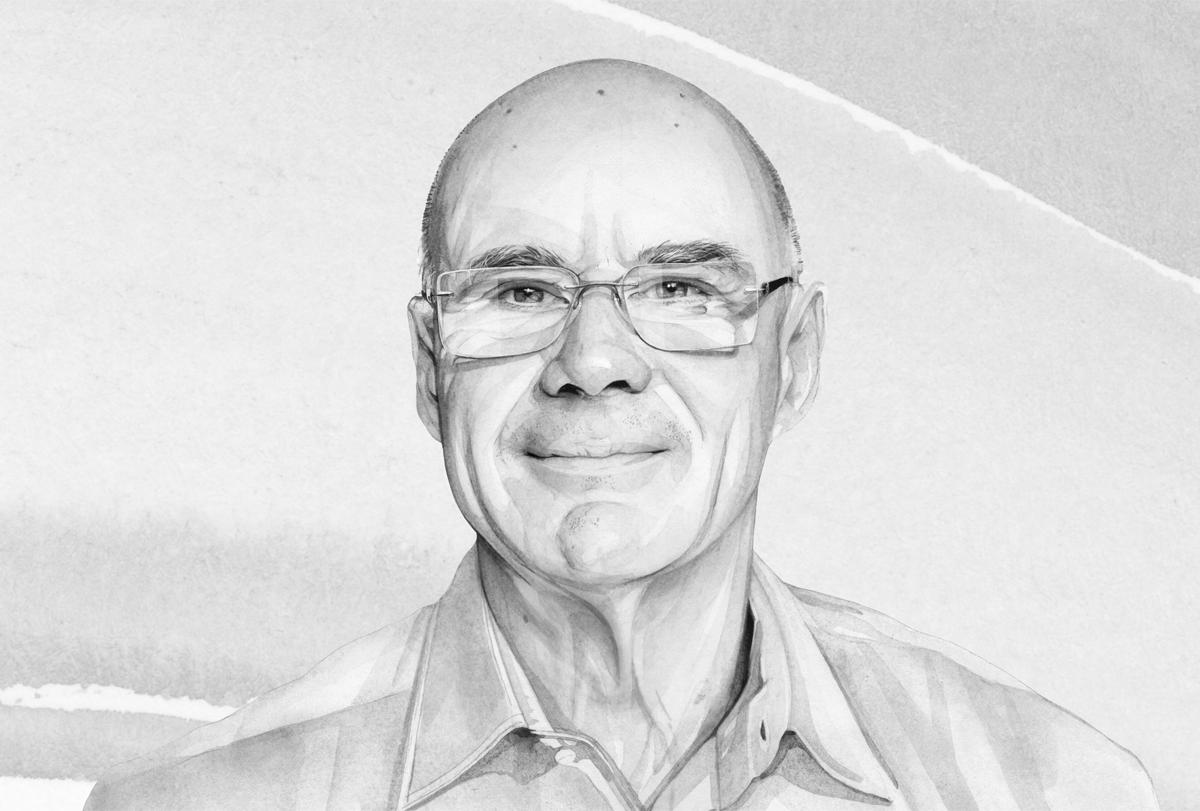
‘Emergent and transactional’: How Jonathan Green is rethinking autism and interventions
The experienced clinician discusses writing his recent paper, and its reception in the field.
Explore more from The Transmitter
INSAR takes ‘intentional break’ from annual summer webinar series
The International Society for Autism Research cited a need to “thoughtfully reimagine” its popular online program before resuming it in 2026.

INSAR takes ‘intentional break’ from annual summer webinar series
The International Society for Autism Research cited a need to “thoughtfully reimagine” its popular online program before resuming it in 2026.
Null and Noteworthy: Neurons tracking sequences don’t fire in order
Instead, neurons encode the position of sequential items in working memory based on when they fire during ongoing brain wave oscillations—a finding that challenges a long-standing theory.

Null and Noteworthy: Neurons tracking sequences don’t fire in order
Instead, neurons encode the position of sequential items in working memory based on when they fire during ongoing brain wave oscillations—a finding that challenges a long-standing theory.
How to teach this paper: ‘Neurotoxic reactive astrocytes are induced by activated microglia,’ by Liddelow et al. (2017)
Shane Liddelow and his collaborators identified the factors that transform astrocytes from their helpful to harmful form. Their work is a great choice if you want to teach students about glial cell types, cell culture, gene expression or protein measurement.

How to teach this paper: ‘Neurotoxic reactive astrocytes are induced by activated microglia,’ by Liddelow et al. (2017)
Shane Liddelow and his collaborators identified the factors that transform astrocytes from their helpful to harmful form. Their work is a great choice if you want to teach students about glial cell types, cell culture, gene expression or protein measurement.